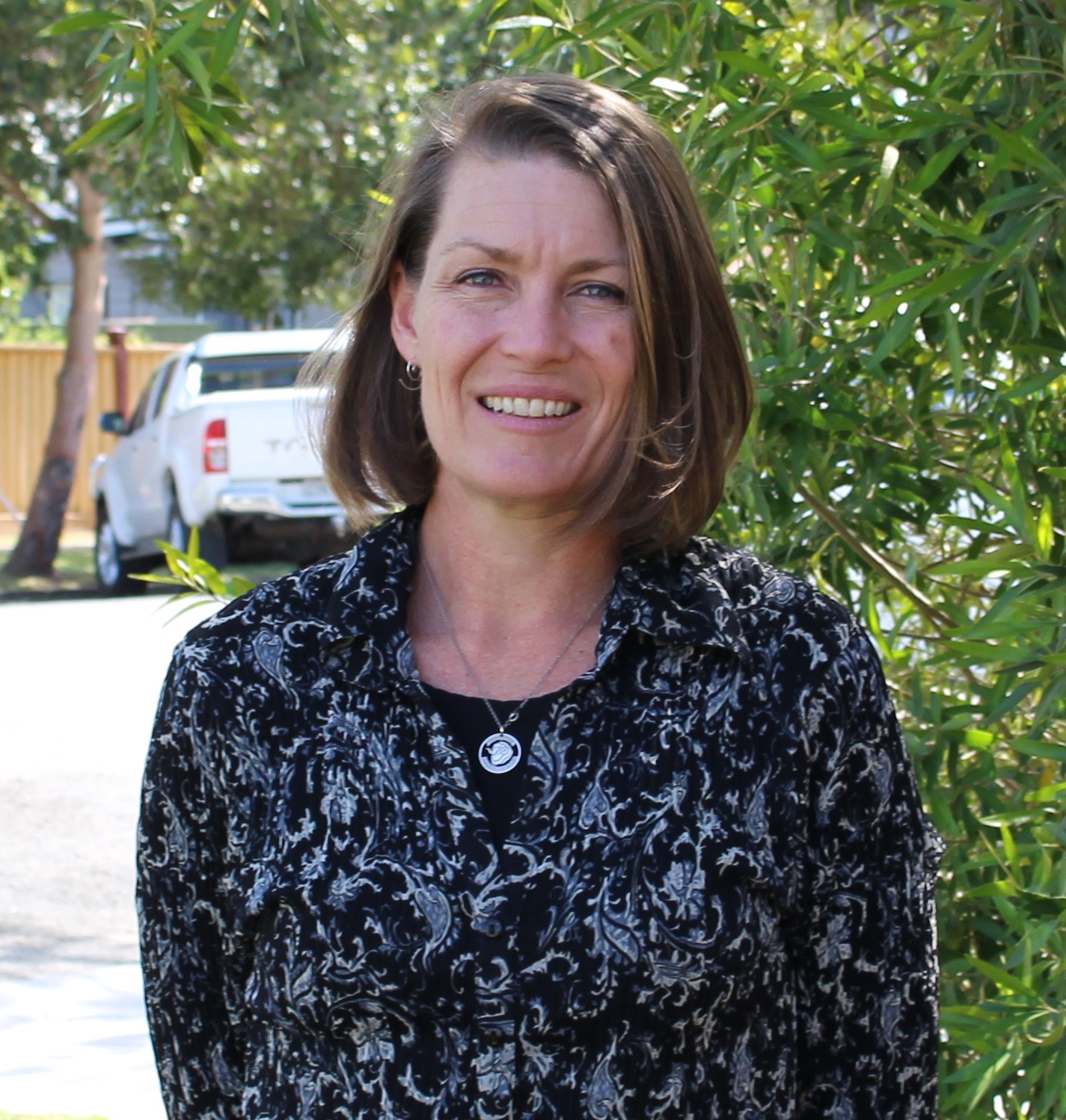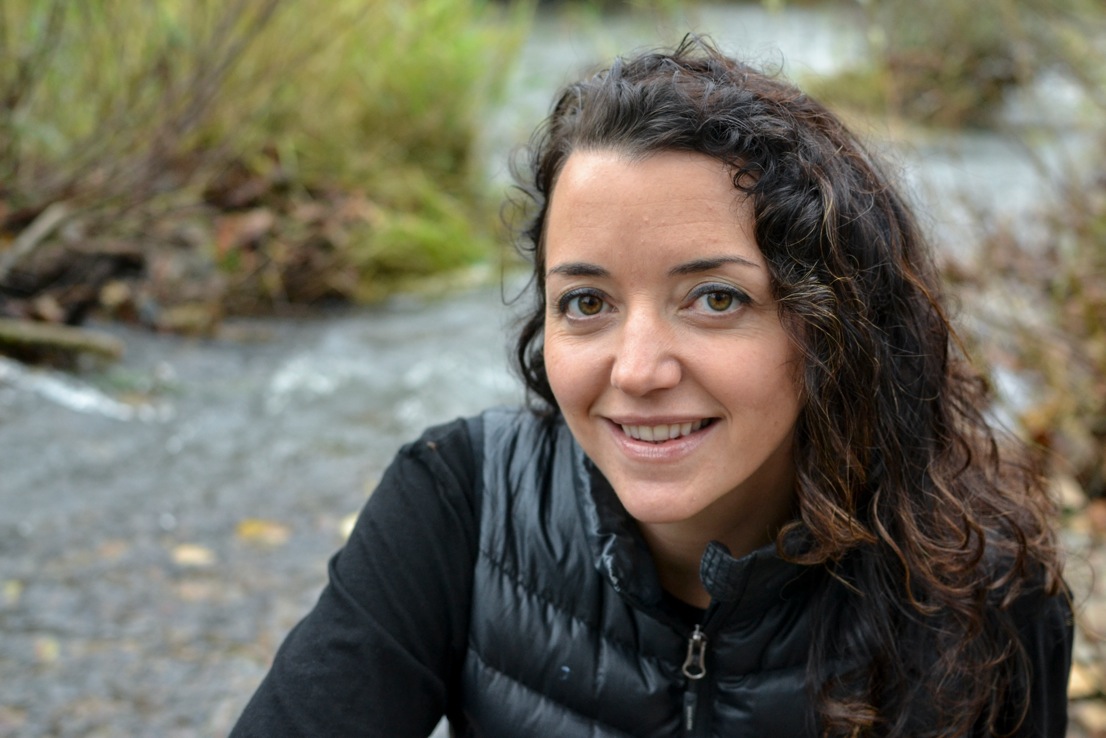Jump to:
River Management in the context of CBNRM: An Australian Story
Kathleen Broderick
Broderick and Associates, Australia
Impacts and outcomes of water policy reform for irrigation intensive regions: A grass-roots look at the implementation of the Murray-Darling Basin Plan
Perin Davey
Murray Irrigation Limited, Australia
The Oregon Model: A Grassroots Approach to Watershed Health
Tara Davis
Willamette River Initiative, United States
Deliberative Water Governance
John Dore
DFAT, Australia
Enhancing Cooperation through Water Diplomacy and Multilevel Stakeholder Engagement: Learning’s from IUCN Experiences in Asia
Raphaël Glémet, Archana Chatterjee (presenter) and Vishwa Ranjan Sinha
IUCN
How can learning be enhanced in water policy, governance and institutions?
Jess Schoeman, Catherine Allan and Max Finlayson
Charles Sturt University, Australia
Shared Basins –Contested Benefits: Need for an alternative diplomacy paradigm for improving formal trans-boundary water instruments between India and Nepal
Shawahiq Siddiqui, Shilpa Chohan and Tira Foran
Indian Environment Law Organization, India
Orinoco Report Card: A Tool for Improving and Maintaining Basin Health
Cesar Suarez, Saulo Usma, Luis German Naranjo, Simon Costanzo, Sarah Freeman and Michele Thieme
WWF, Colombia










